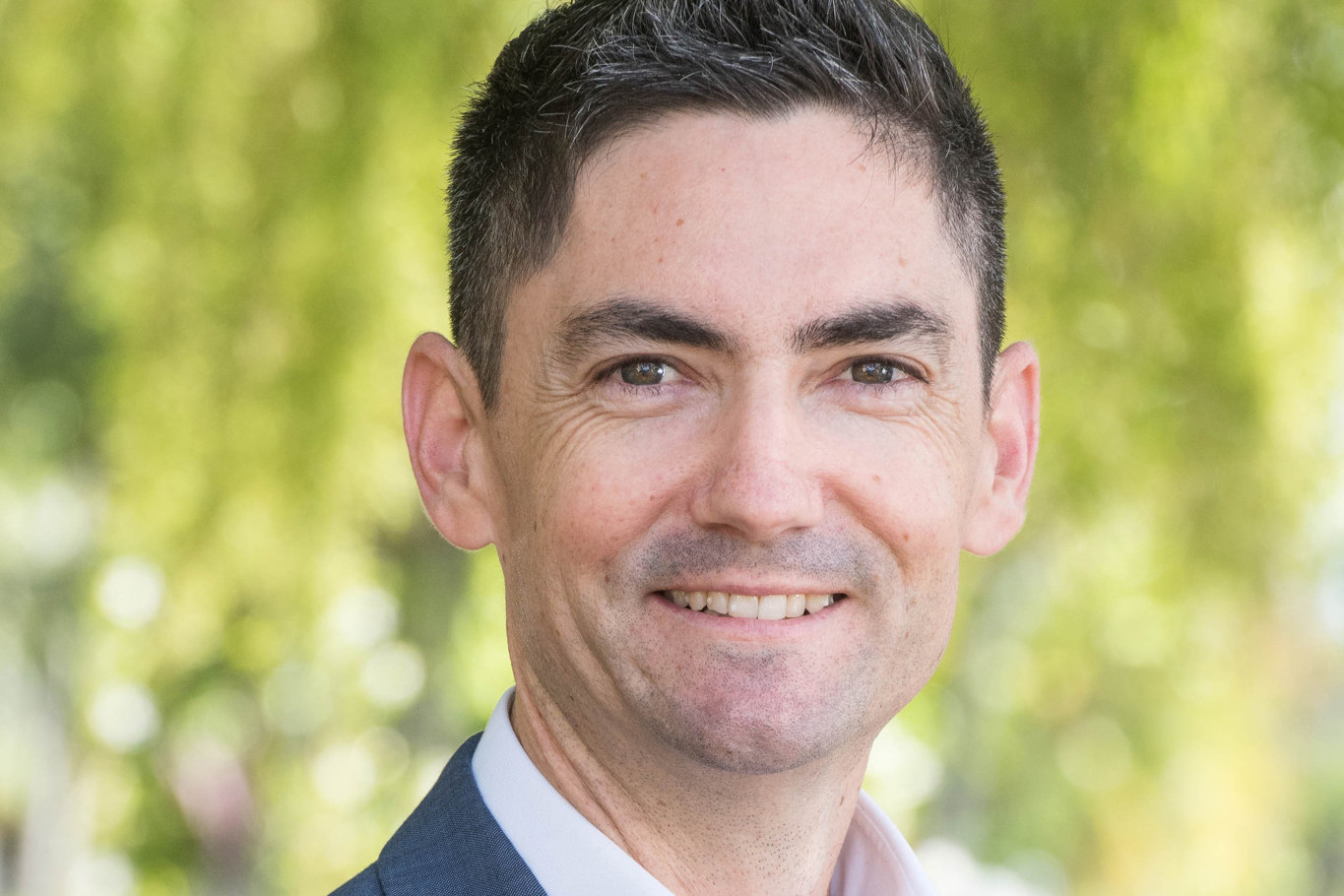General News
11 May, 2025
Chronic health help closer to home
RESIDENTS with chronic conditions living in Croydon, Georgetown, and Mt Garnet will soon have support closer to home, thanks to a new team-based healthcare program.

Under the Multidisciplinary Allied Health Teams program, funded by Northern Queensland Primary Health Network (NQPHN), allied health workers from Cairns will work with local GPs and other local primary care providers in the communities.
Following a tender process, NQPHN has announced that Active Performance, in Cairns, will establish the services.
Face-to-face and telehealth services are due to begin on 1 July, with codesign consultation beginning in the coming weeks.
NQPHN chief executive officer Ben Tooth said rural and remote areas of North Queensland experienced higher rates of chronic conditions and potentially preventable hospitalisations, compared to the rest of the state.
“We know GPs, allied health workers, and community members in these areas need more support,” he said.
“This program brings in allied health specialists to work alongside local teams and GPs, so people with chronic conditions can access timely care without having to leave their community.
“It will make a real difference to help them manage their conditions and stay out of hospital.
“We’re proud to partner with Active Performance and a team that shares our commitment to improving care for people in regional, rural, and remote areas.”
Director and Physiotherapist Nick Kenny, from Active Performance in Cairns, said every person, regardless of gender, age, cultural background or postcode, deserved access to high-quality allied health services.
“It is a sad reality that many who suffer from chronic health conditions in rural areas, like Croydon, Georgetown, and Mt Garnet, are left with no option but to leave their homes and move to the cities,” he said.
“This program will ensure that community-based allied health services are accessible, and individuals and their families will be supported to manage their health conditions while choosing to remain in their community.
“It’s the first time that regular face-to-face allied health services, such as physiotherapy, occupational therapy, dietetics, and psychology will be provided to these communities based on need.”


